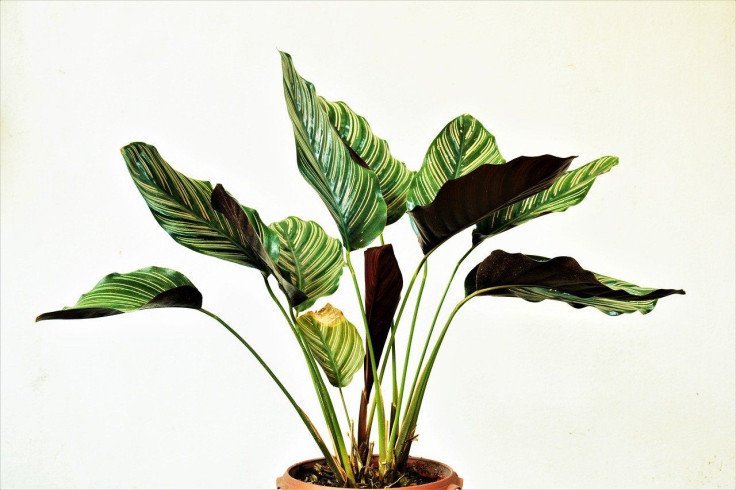Considering 'Plant Parenting'? Here Are 5 Benefits Of Having Indoor Plants
KEY POINTS
- Indoor gardening has become a trend in recent years
- Indoor plants actually provide a host of benefits, from stress relief to job satisfaction
- Being close to nature also boosts mental health
You've seen it online, perhaps on Instagram, as more and more people share photos of their indoor greenery. Sure enough, the indoor gardening trend is catching up and will likely continue to flourish, but it's not just because of its eye-catching aesthetic.
Keeping indoor plants actually provides a lot of benefits, whether one is a new or seasoned "plant parent." From lowering stress levels to boosting creativity, indoor greenery can greatly improve one's home or even work environment.
If you're still on the fence about getting indoor plants, or perhaps you already have some but are considering to grow more, below are some of the benefits you might want to consider, courtesy of Healthline, the University of Washington Medicine (UW Medicine) and Texas A&M AgriLife Extension (AgriLife Extension):
Mental health boost
Spending time with nature supports mental health, and indoor gardening can help boost the well-being of people with depression and anxiety. In fact, some clinics in Manchester, England, have started prescribing potted plants to patients who experience depression, anxiety or feelings of loneliness.
"There's a lot of evidence now about how two hours a week in a green space can lift the mood – and then that too has physical, mental and emotional benefits," Dr. Philippa James said in a news release from the Manchester City Council. "That's something we need to harness."
Faster healing
Plants have been shown to lower blood pressure and promote faster healing in people. Hospital rooms with plants or even just garden views can help the patients to recover faster, AgriLife Extension said.
"The soothing effects of ornamental flowers and plants are so great that simply having daily views of flowers and other ornamental plants in landscaped areas outside patient recovery room significantly speed up recovery time," Texas A&M AgriLife Extension noted.
A 2002 study showed that the people recovering from surgery needed less pain medicine and stayed at the hospital for a shorter duration when they were treated to sights of greenery compared to others.
Though most of the studies were done in hospital settings, they showed how the presence of plants could improve the situation even for a person recovering from an illness or surgery.
Work benefits
Whether one is working from home or an office, having greenery nearby can also lead to better job satisfaction and may even increase one's commitment to work, UW Medicine said.
Not only that. It could also boost creativity and productivity by improving one's memory and concentration.
With many people working from home because of the coronavirus pandemic, having a greener home could make a better home-work environment.
Better learning
Children can also benefit from having plants in the learning area.
"The soothing effects of natural aesthetic beauty help to minimize the distractions that would otherwise occupy their minds," AgriLife Extension explained. "By altering the environment in which children learn, plants can help them to learn better."
A study showed that children who were in a classroom with a real plant performed better than students who had no plant or a fake plant in their classroom, Healthline noted.
Reduce stress levels
We live in stressful times. According to AgriLife Extension, having plants at home or work can help reduce stress and anxiety levels.
"Keeping flowers around the home and in the workplace greatly reduces a person's stress levels," AgriLife Extension explained. "People who keep flowers in their home feel happier, less stressed, and more relaxed."
Overall, indoor plants have many benefits. From a mental health boost to better productivity, these benefits show how indoor gardening is more than just a trend that could eventually fade away.
Whether one is already a seasoned gardener or a newbie, keeping a plant or two could make for a healthier and happier environment.

© Copyright IBTimes 2024. All rights reserved.






















